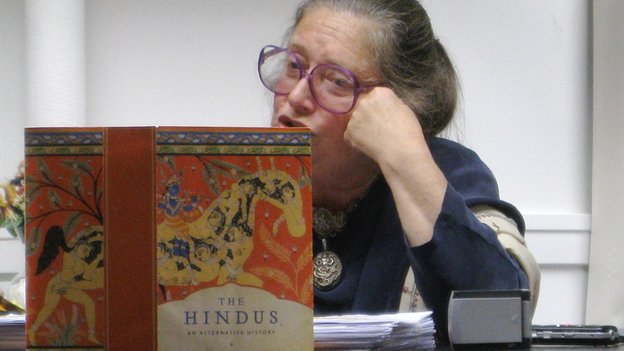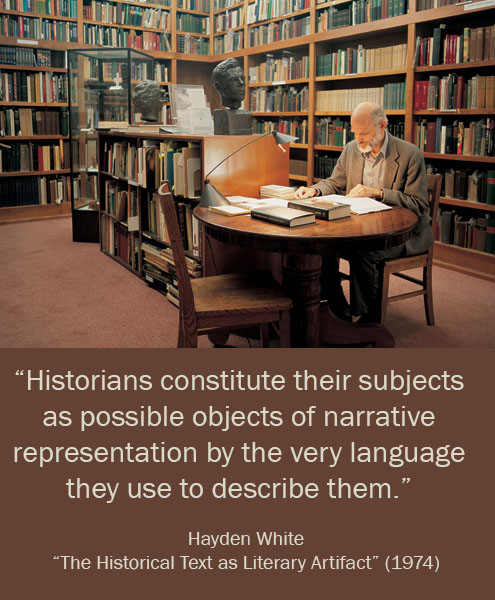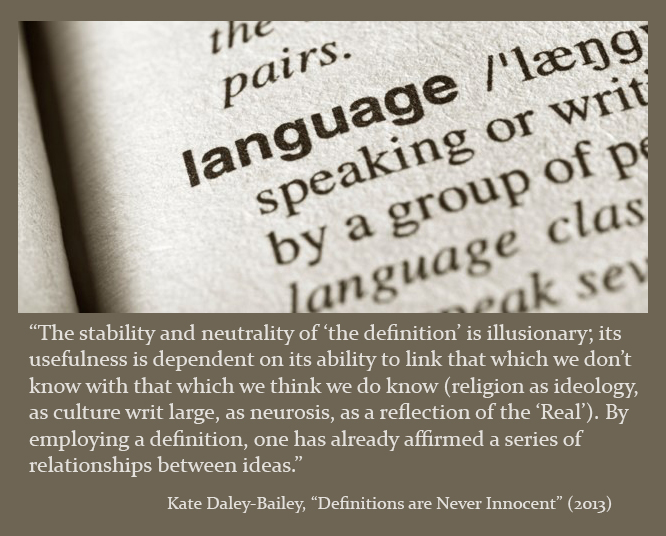 The recent fad of Flappy Bird, and its removal by the independent game creator, has raised some significant angst. Why has such a simple, low budget video game enraptured people so much that they consume hours of their day trying to beat their high score, like a movie buff with a limitless supply of popcorn? If you have not experienced its addictive power, this homage to Flappy Bird can give you a sense of its power. (It certainly made writing this post take longer than it should have.) Continue reading “The Curious Case of Flappy Bird”
The recent fad of Flappy Bird, and its removal by the independent game creator, has raised some significant angst. Why has such a simple, low budget video game enraptured people so much that they consume hours of their day trying to beat their high score, like a movie buff with a limitless supply of popcorn? If you have not experienced its addictive power, this homage to Flappy Bird can give you a sense of its power. (It certainly made writing this post take longer than it should have.) Continue reading “The Curious Case of Flappy Bird”
What is the Goal of the Academic Study of Religion?
 Interested in some additional thoughts on the Doniger controversy? Then see our own Steven Ramey‘s new post at the blog for the Bulletin for the Study of Religion.
Interested in some additional thoughts on the Doniger controversy? Then see our own Steven Ramey‘s new post at the blog for the Bulletin for the Study of Religion.
[M]y intent is not to critique Doniger but to critique the tendency across the field to define religions in ways that give preference to one group over another, sometimes intentionally, sometimes unintentionally….
The Last Word
 If you’re in North America, at least, you can’t help but know that the Superbowl was last weekend — an annual celebration of football, yes, but also consumerism, since unveiling new and expensive-to-produce commercials has become part of its broadcast tradition.
If you’re in North America, at least, you can’t help but know that the Superbowl was last weekend — an annual celebration of football, yes, but also consumerism, since unveiling new and expensive-to-produce commercials has become part of its broadcast tradition.
This year Coke premiered an add in which “America the Beautiful” was sung in a variety of languages, while showing images of people who don’t look like you’re taken-for-granted white-bread citizens, and (predictably?) many who occupy various positions on the political right responded with varying degrees of outrage, demanding, for instance, that the song be sung “in American” — kind’a like saying “if the King James version was good enough for Jesus then it’s good enough for me.” Continue reading “The Last Word”
Of Constituting Objects
 Learn more.
Learn more.
“But…, I Can Hear the Ocean”
 I’m continually fascinated by the manner in which scholars claim to be historically-inclined — thereby distinguishing themselves from mere amateurs or wannabes — in the very moment that they sprout wings and transcend history. For example, my own interest for some time has been the history and use for the category religion — i.e., what’s socially, politically, etc., at stake (for good or ill) in naming something as religion (or as faith, as spiritual, as tradition, as experience, etc.) and then treating it as such, presuming it shares some hidden link with other things so named. Many people now claim to work in this area, making such a focus on the category religion seem something other than cutting-edge. Continue reading ““But…, I Can Hear the Ocean””
I’m continually fascinated by the manner in which scholars claim to be historically-inclined — thereby distinguishing themselves from mere amateurs or wannabes — in the very moment that they sprout wings and transcend history. For example, my own interest for some time has been the history and use for the category religion — i.e., what’s socially, politically, etc., at stake (for good or ill) in naming something as religion (or as faith, as spiritual, as tradition, as experience, etc.) and then treating it as such, presuming it shares some hidden link with other things so named. Many people now claim to work in this area, making such a focus on the category religion seem something other than cutting-edge. Continue reading ““But…, I Can Hear the Ocean””
On Definitions
 Read more.
Read more.
(Click image to enlarge.)
Interested Descriptions
 The way that descriptions, encoded in definitions, tacitly reproduce theories, sets of interests, and ways of prioritizing, paying attention & ignoring, is pretty evident in the commonsense definition of ritual that many of us walk around with — and, sadly, which many scholars adopt and use as well. Continue reading “Interested Descriptions”
The way that descriptions, encoded in definitions, tacitly reproduce theories, sets of interests, and ways of prioritizing, paying attention & ignoring, is pretty evident in the commonsense definition of ritual that many of us walk around with — and, sadly, which many scholars adopt and use as well. Continue reading “Interested Descriptions”
On Self Description
 Read more.
Read more.
